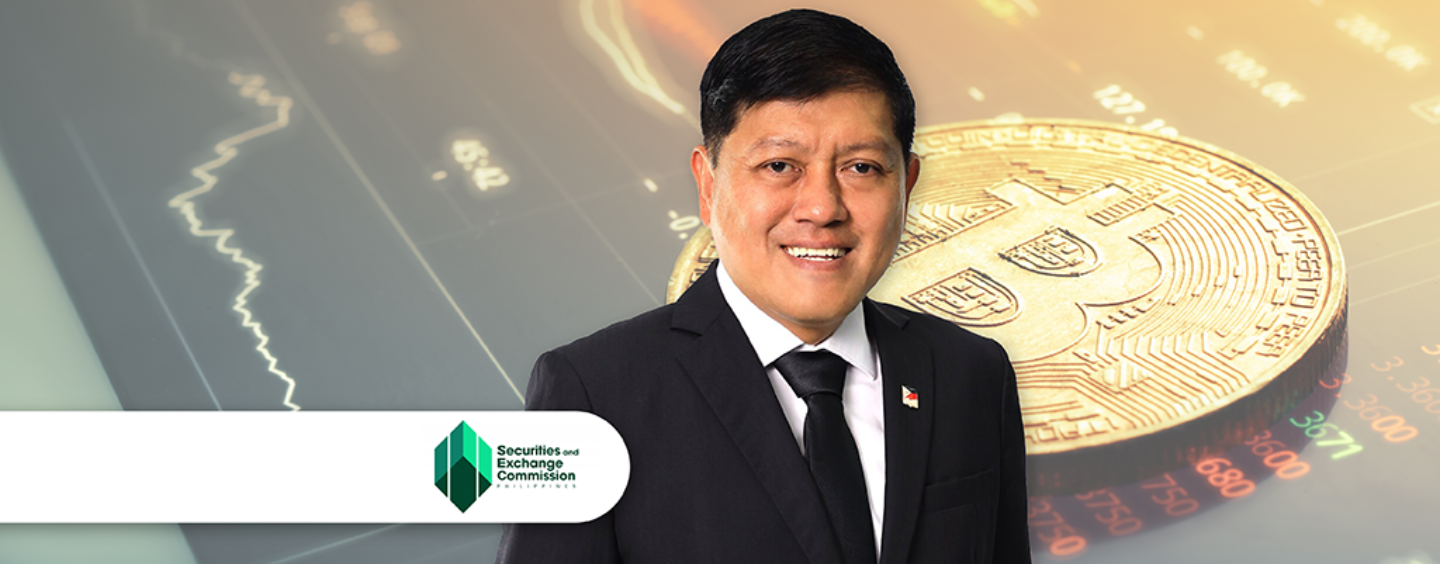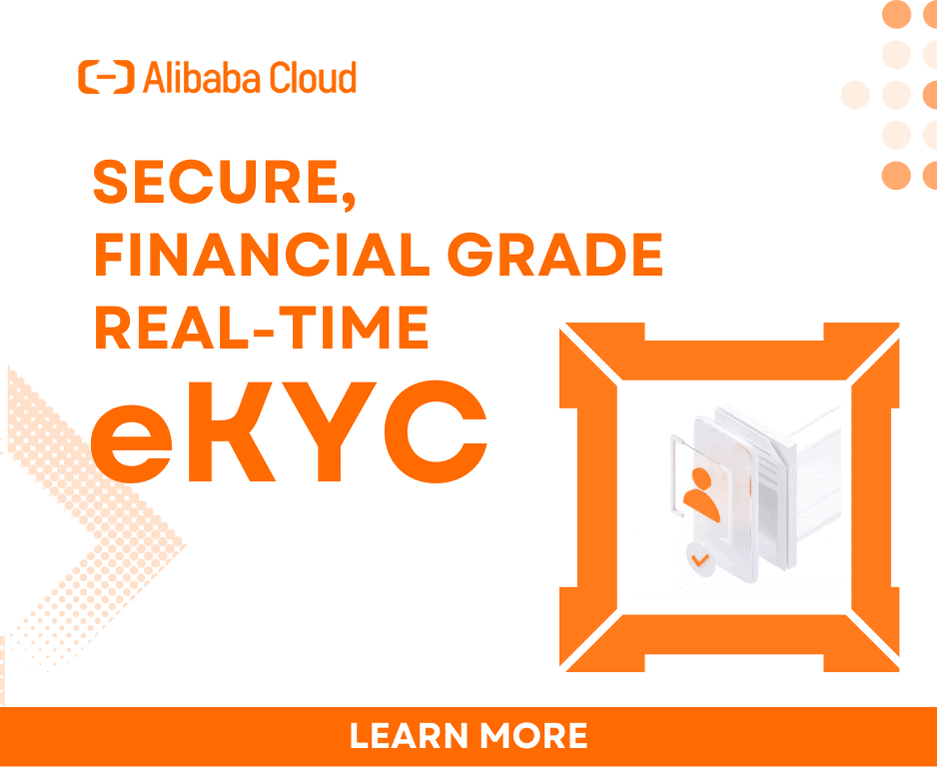
SEC Delays Releasing Philippines Digital Assets Framework in Wake of FTX
by Johanan Devanesan June 5, 2023The Philippine Securities and Exchange Commission (SEC) has deferred the rollout of a new framework for digital assets, influenced by lessons learned from the fall of Bahamas-based cryptocurrency exchange, FTX, in late 2022.
The SEC Chairperson, Emilio B. Aquino, expressed that the decision to postpone was taken to ensure the protection of investors and prevent potential losses within the evolving digital assets space in the Philippines. FTX, formerly the third-largest crypto exchange with over a million users, went bankrupt due to a liquidity crisis of its proprietary token, FTT.

Emilio B. Aquino
“Though we intended to roll out these guidelines last year, we had to reassess our approach following the FTX fiasco to enhance safeguards in our local digital asset framework,”
Emilio revealed.
However, the SEC has not completely dismissed the prospect of releasing the digital asset guidelines for the Philippines by this year.
“We haven’t closed the door. We really just have to make sure people don’t get burned,”
Emilio clarified.
The SEC chairperson, a proponent of digital technology, expressed his belief in its potential, but insisted that investor protection must be assured. He envisions the forthcoming rules to be tailored for cryptocurrencies, blockchain technology, and the regulation of digital asset exchanges, which are currently governed by traditional securities laws in the Philippines.
“I’m a believer in digital technology. And when there is a framework, we can allow this. It’s just that we have to ensure investor protection,”
he said.
Earlier this year, the SEC joined forces with the University of the Philippines Law Center (UPLC) to devise effective policies for better regulation of fintech in the Philippines. This collaboration seeks to understand the evolving regulatory landscape and establish a framework to tackle cryptocurrency-related issues initially, and eventually extend to other fintech products.
Emilio also acknowledged the necessity to amplify fintech regulation, particularly considering the shifting landscape. He affirmed that the upcoming framework for digital assets in the Philippines would adhere to global standards on investor protection, market integrity, and transparency.








